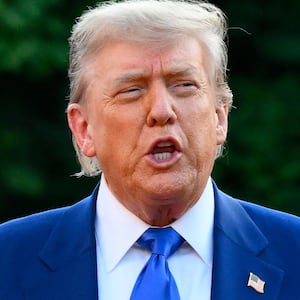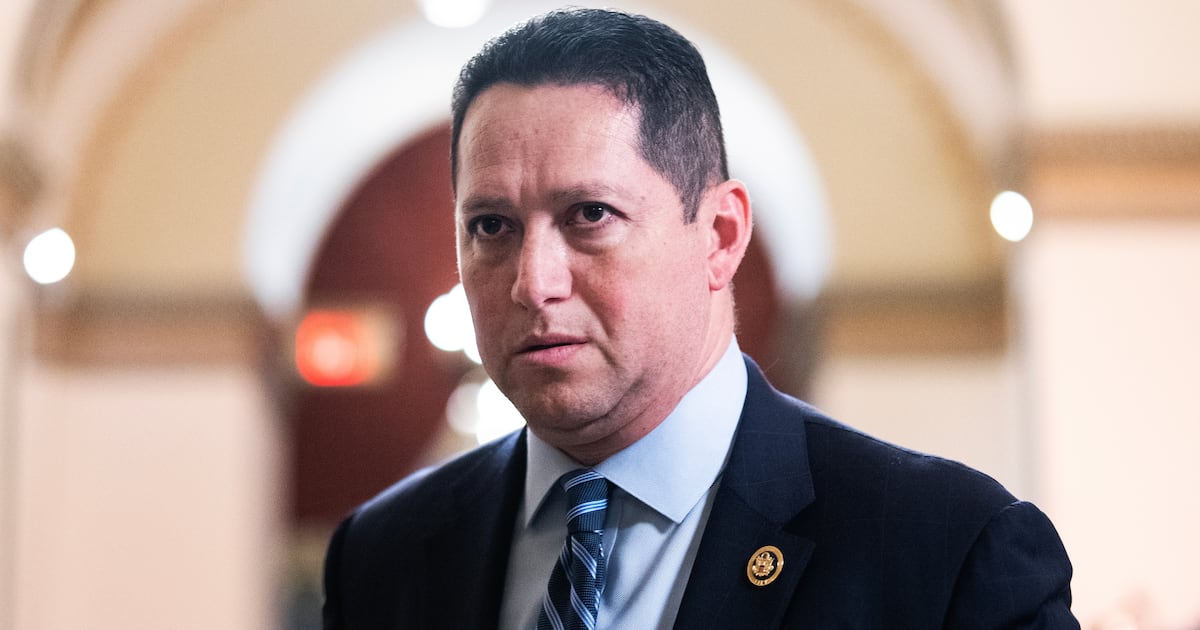Iran has declared that its nuclear program will “resume without interruption”, despite President Donald Trump insisting that the regime’s nuclear ambitions had been obliterated after being bombed by the U.S.

Two days after America controversially joined Israel to attack Fordow, Natanz, and Isfahan, the core of Iran’s nuclear infrastructure, Iran has openly defied Trump by insisting that it is ready to restart its enrichment plans.

“The nuclear program of Iran will resume without interruption, and we are ready to restart enrichment; our program will not stop,” stated the Atomic Energy Organization of Iran, according to reports from state media.
The announcement came amid ongoing questions about how much damage was done to the three Iranian plants, and whether Iran was able to hide some of its stockpile before the U.S. bombings over the weekend.
According to an initial U.S. intelligence assessment leaked to CNN, the strikes only set the program back by months and did not destroy core components of the program.
The early analysis was produced by the Defense Intelligence Agency, the Pentagon’s intelligence arm, but has been dismissed by the White House.
The decision to strike Iran was also made without congressional approval, prompting demands that the administration provide Congress with a classified briefing.
This was meant to take place on Tuesday but was suddenly postponed to Thursday without explanation.
Democrat Senator Chuck Schumer called the delay “evasive” and “outrageous.”
“Senators deserve full transparency. There is a legal obligation for the administration to inform Congress about precisely what is happening,” Schumer said. “What are they afraid of? Why won’t they engage Congress in the critical details?”
The conflict in the Middle East escalated 13 days ago, when Israel launched a military offensive against Iran, in an escalation of violence that ultimately led to the US military’s involvement.
On Tuesday, after a few false starts that enraged the president, Trump confirmed that Israel and Iran had agreed to a ceasefire, which he claimed would hold despite both sides earlier accusing each other of new missile launches.
Asked how he could be so sure, the president told reporters: “They’re tired of it. I think they don’t want it to happen again. And Iran’s not going to have a nuclear weapon by the way; I think it’s the last thing on their mind right now.”
“They’re not going to have enrichment, and they’re not going to have a nuclear weapon, and they know that,” he said on his way to the NATO summit in the Netherlands.
But the statement by the Iranian atomic agency, which is the primary government organization responsible for nuclear technology research and development activities in Iran, openly contradicted this view.
Iran has had a civilian nuclear program for more than 50 years but has long insisted it is not for military purposes.
But it has enriched uranium to levels that have no peaceful application while obstructing international inspectors from checking its nuclear facilities.
Kelsey Davenport from the Arms Control Association said Trump’s decision to strike Iran was “a reckless, irresponsible escalation that is likely to push Iran closer to nuclear weapons in the long term.”
“The strikes did damage key Iranian nuclear facilities, like the underground Fordo enrichment site. But Tehran had ample time prior to the strikes to remove its stockpile of near-weapons-grade uranium to a covert location, and it’s likely that they did so,” she said.








